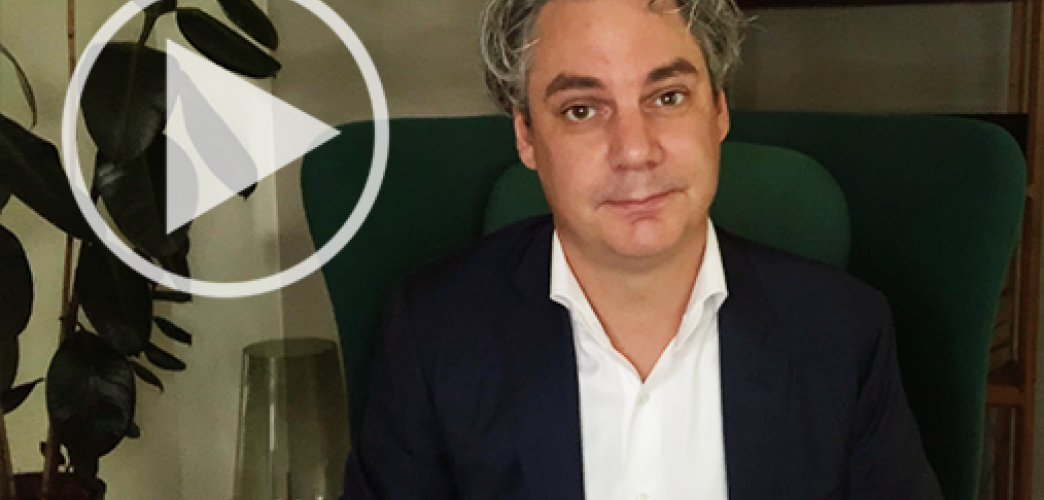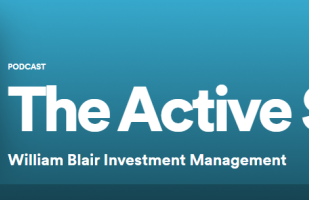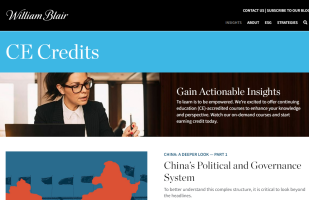report by BlackRock
- Filter:
- Clear Filters
- (-) Practice Management
Results for ""
Business Development
Three keys to team meetings that inspire action
Curated content for RIAs.
Bryan Powell, Senior Director, Practice Management, outlines three concepts that can help heads of advisory teams lead more effectively.
Business Building & Planning
Finding the keys to success in succession planning
Curated content for RIAs.
Bryan Powell, Senior Director, Practice Management, discusses how advisors can build a foundation of success when navigating succession planning.
Human Capital
The Active Share Podcast: What’s Culture Got to Do With It?
This piece is approved to use with clients.
As it turns out, culture has a lot to do with how we operate. But how difficult is it to measure?
Human Capital
The Active Share: What’s Culture Got to Do With It?
This piece is approved to use with clients.
As it turns out, culture has a lot to do with how we operate. But how difficult is it to measure? In this episode of The Active Share, Hugo sits down with Dr. Tom Reader, an associate professor of organizational psychology at the London School of Economics, to discuss the broad role culture plays in all kinds of organizations; why great cultures are the defining feature of good companies; and how engaging with diverse perspectives can help foster meaningful cultural growth and innovation.
Client Relationships
Financial Records Organization Checklist
We’ve created this checklist as a guide to help you organize important financial documents to be better prepared to manage affairs after a catastrophe, serious illness, disability or death.
Client Relationships
Budgeting Checklist
This piece is approved to use with clients.
Use this worksheet as a preliminary tool to organize and understand your monthly expenses against your income. It is important to consider other aspects, including retirement savings.
Regulatory Education
William Blair CE Credits - Gain Actionable Insights Today
To learn is to be empowered. We’re excited to offer continuing education (CE)-accredited courses to enhance your knowledge and perspective. Watch our on-demand courses and start earning credit today.















